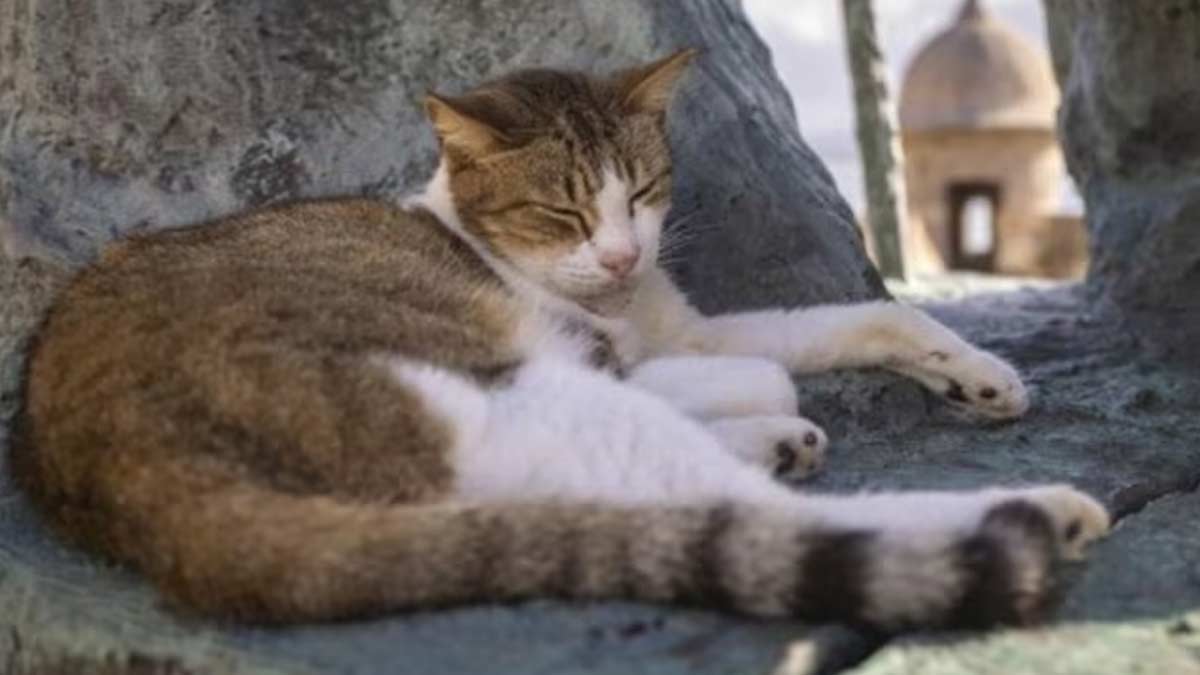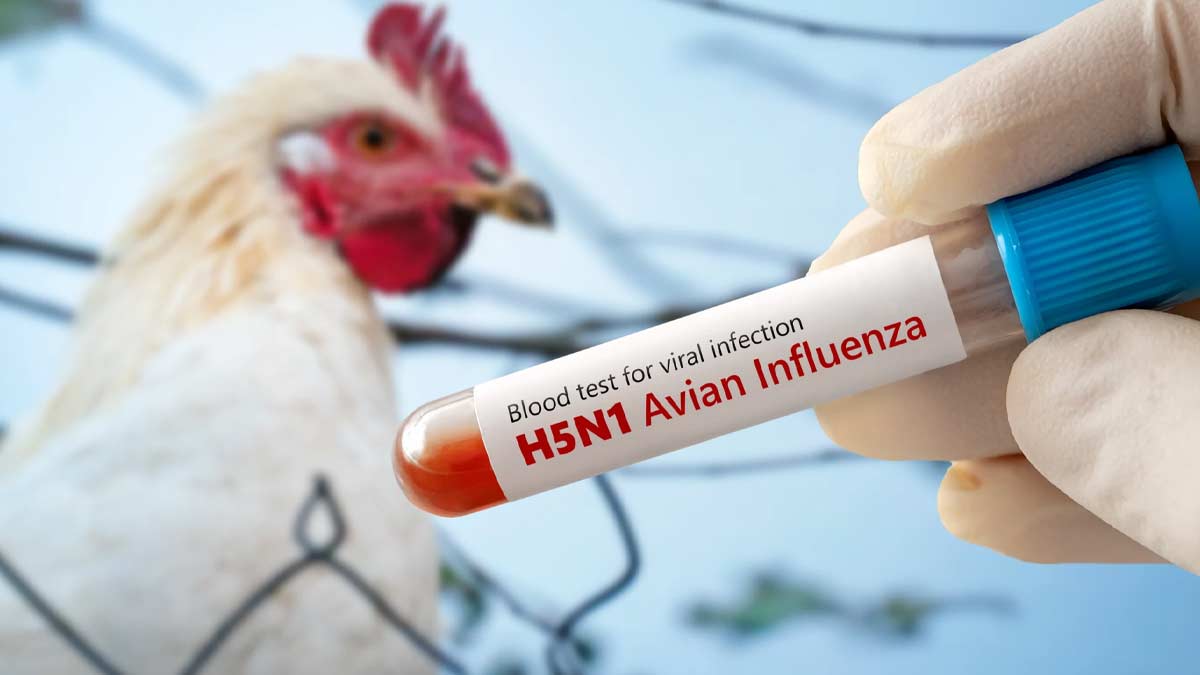
India has reported its first case of H5N1 avian influenza in domestic cats, raising concerns about the virus's potential spread to humans. The cases were identified in Madhya Pradesh’s Chhindwara district, where at least seven samples from local households were tested, confirming the presence of the virus in three cats. Authorities and health experts are closely monitoring the situation as they investigate how the virus is adapting to mammalian hosts.
Table of Content:-
How The Virus Was Detected In Cats
The discovery of H5N1 in domestic cats has sparked significant attention from virologists and health officials. The infected cats were found in different households, suggesting a localized outbreak. Genetic analysis revealed that the virus strain found in these cats is a reassortant variant, meaning it carries genetic material from multiple H5N1 lineages. One of these lineages has been traced to wild birds in Bangladesh, while another is linked to a strain circulating in South Korea.

Further genetic sequencing also indicated a 99.2% similarity to an H5N1 strain detected in a traveler returning to Australia from India in 2024. This finding has raised concerns that similar viruses may already be circulating within India, possibly adapting to mammalian hosts, which could increase the risk of further transmission.
Also Read: Deadly Soil Bacteria Claims 14 Lives In Australia After Queensland Floods
Can H5N1 Spread To Humans?
While bird flu primarily affects avian species, experts warn that certain mutations in the virus allow it to infect and replicate in mammals. Virologist Jacob John stated that the bird flu virus in India has been evolving since 1996 but has now started spreading to mammals. “Although human infections have been rare, we must anticipate the virus adapting to efficient transmission to and between humans,” he cautioned.

Currently, there is no strong evidence of sustained human-to-human transmission of H5N1, but past pandemics have shown that influenza viruses can mutate and acquire the ability to spread efficiently among humans. Scientists stress the importance of monitoring these mutations closely to prevent a potential outbreak.
Also Read: Measles Outbreak Turns Deadly In Texas: First Fatality Reported As Cases Exceed 120
Why Experts Are Concerned
One of the major concerns surrounding avian influenza is that humans lack immunity to the virus. Unlike seasonal flu strains, which people may have some level of protection against, avian influenza is a novel pathogen to the human immune system.

Studies suggest that even a few mutations in the virus could make it easier for the pathogen to jump from infected animals to humans. In the US, similar cases of bird flu in cats have been reported, reinforcing concerns about the virus's ability to cross species barriers. Experts emphasize that the more species the virus infects, the higher the likelihood of genetic changes that could increase its transmissibility.
Precautionary Measures & Surveillance Efforts
Given the growing concerns about bird flu adapting to mammalian hosts, health authorities in India are ramping up surveillance and containment measures. Veterinarians and public health officials are closely monitoring cats and other animals that may have been exposed to the virus.
- Individuals in affected regions are being advised to take extra precautions, including:
- Avoiding contact with sick or dead birds.
- Ensuring pets do not come into contact with infected animals.
- Practicing good hygiene, such as washing hands after handling animals.
- Reporting any unusual illness in pets or livestock to health authorities.
- Experts also recommend continued research into H5N1’s evolution and potential risks to human health.
Bottomline
The detection of H5N1 in domestic cats in India marks a concerning development in the spread of avian influenza. While human cases remain rare, the virus's adaptability and the growing number of species it infects suggest that continuous monitoring and preventive measures are essential. With scientists warning of the pandemic potential of avian influenza, vigilance and preparedness remain key to mitigating future risks.
Also watch this video
How we keep this article up to date:
We work with experts and keep a close eye on the latest in health and wellness. Whenever there is a new research or helpful information, we update our articles with accurate and useful advice.
Current Version
